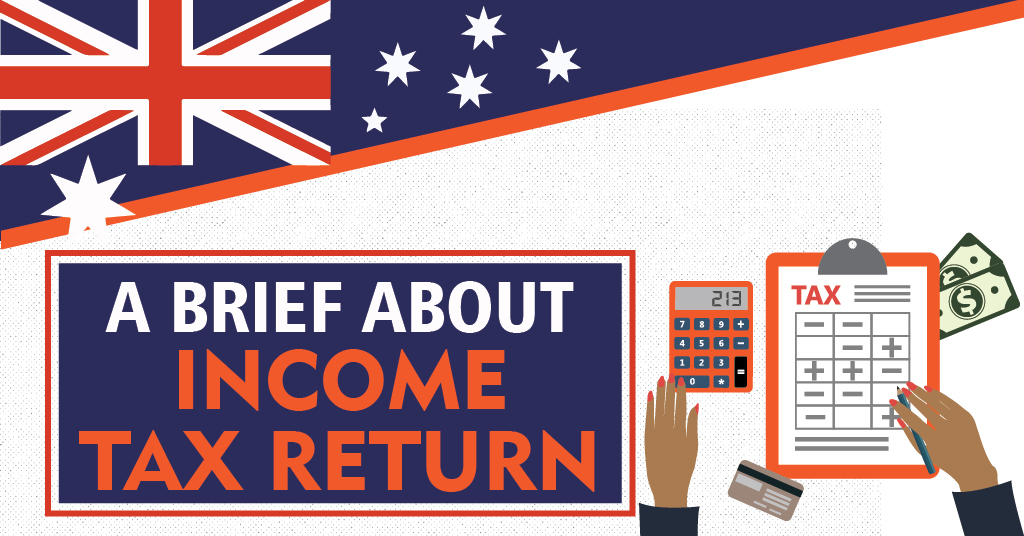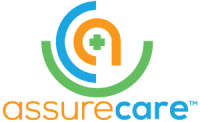
A Brief about Income Tax Return

Income Tax is the amount of money that is paid to the government from the individual income or group income. It is usually payable throughout the year as the taxpayers earn. For example, if there is any individual working with an employer, the employer would deduct the tax as per the salary slab and would send the same to the Australian Taxation Office.
The amounts are report and lodge purely depend on the business entity and type. There are the following types of business entity:
- Sole Traders
- Partnerships and Partners
- Trusts and Beneficiaries
- Companies
Let us have a look at the following turn-by-turn:
-
Sole Traders
In case the business is a sole trader, the taxpayers must lodge a tax return even if the income is not in the tax slab. This is inclusive of:
- The tax returns for individuals including the supplementary section of the income tax return
- The business and professional items schedule for sole taxpayers.
For your return, the taxpayers must report:
-
- The business deductions claim based on the business income sans.
- Other income sources like salary and wages i.e. from the payment summary and income statements, dividends income, rental income, and minus the deductions against the specified income.
-
Partnerships and Partners
In case of the business being operated as a partnership, it should be lodged as partnership tax return and reporting the net income including the assessable income minus allowable expenses and deductions. In case of an individual partner, the taxpayers must report on their tax return:
- The share of any partnership total income or loss.
- The other assessable incomes under different pay heads like salary and wages as depicted in the payment summary, dividends, and rental income.
The partnership scheme does not allow taxpayers to pay on individual income. Based on net partnership income, Income tax should pay the partners’ pay tax on his/her share.
-
Trusts and Beneficiaries
In case trust operates the business, then the trustees must:
- Lodge a trust tax return.
- Lodge their tax return such as a company or individual tax return on a beneficiary basis.
The trust must report their net income or loss under the trust’s assessable income minus deductions. If the taxpayers are including the trust beneficiaries, they must report on their tax returns:
- Any income received from the trust.
- Any other assessable income includes:
-
- Dividends.
- Rental income.
- Salary and wages applicable to an individual’s payment summary or income statement.
-
Companies
In case the business is being operated as a company, the company tax return must be lodged. The company must report every taxable income, tax offsets and credits, and PAYG installments along with the tax amount it is liable to pay on the refundable income. This separates the company’s income from your income.
What about Deregistered Companies?
The final company tax return must be lodged before deregistering via the Australian Securities and Investments Commission (ASIC). The moment the company gets deregistered, the members can no longer lodge a company tax return. In case the company wants to lodge tax returns, they have to reinstate the deregistered company with ASIC.









